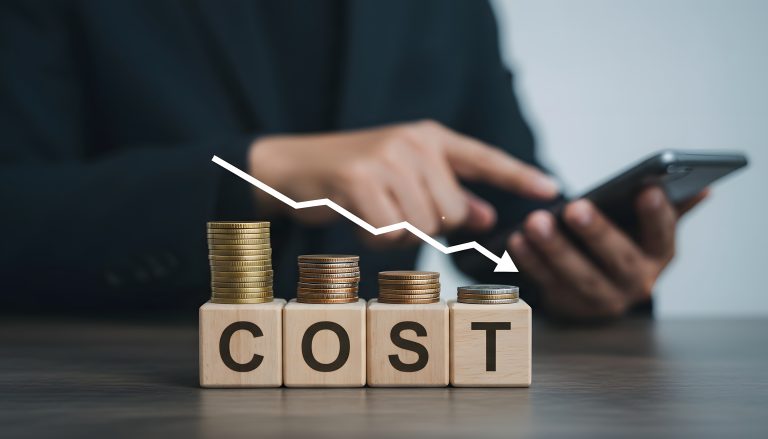In the dynamic realm of global trade, time is a critical asset. The faster you connect with the right partners, the sooner you can capitalize on opportunities. Hi-Fella, an innovative digital trade platform, is revolutionizing how exporters and importers find their ideal business matches. Let’s explore five key ways Hi-Fella streamlines this process.
1. Verified Supplier & Buyer Database: Building Trust with Confidence
Trust is the cornerstone of international trade. Hi-Fella addresses this by offering a robust database of verified suppliers and buyers. Each profile undergoes meticulous verification, ensuring authenticity and reliability. This feature minimizes the risks associated with fraudulent activities and builds a foundation of trust between trading partners.
By accessing detailed profiles, including company certifications and trade histories, businesses can make informed decisions swiftly. This reduces the time spent on due diligence and accelerates the onboarding of new partners.
2. Virtual Exhibitions: Expanding Reach Beyond Borders
Traditional trade shows are limited by geography and time. Hi-Fella’s virtual exhibitions transcend these limitations, providing a platform where businesses can showcase their products to a global audience. These online events feature real-time translation in over 10 languages, ensuring seamless communication across different regions. WTNH
With over 6,000 exhibitors participating in events like the Food & Beverages Global Online Exhibition, businesses gain unparalleled exposure. The virtual format allows for interactive sessions, live chats, and on-demand content, fostering meaningful connections without the constraints of physical attendance.Hi-Fella+1WTNH+1
3. Marketing Intelligence: Data-Driven Decision Making
In the information age, data is a powerful tool. Hi-Fella’s Marketing Intelligence feature provides users with actionable insights, including potential buyer and supplier contacts, product details, and market trends. WTNH+1Hi-Fella+1
By analyzing this data, businesses can identify high-potential markets, tailor their offerings to meet specific demands, and strategize effectively. This data-driven approach enhances the precision of business matchmaking, ensuring that partnerships are both strategic and profitable.
4. Digital Marketing Services: Amplifying Visibility
Visibility is crucial in a crowded marketplace. Hi-Fella offers Digital Marketing services that help businesses enhance their online presence. From targeted advertising to content creation, these services are designed to attract the right audience and generate quality leads.
By leveraging Hi-Fella’s expertise in digital marketing, businesses can increase their brand awareness, engage with potential partners more effectively, and ultimately, expedite the matchmaking process.
5. User-Friendly Platform: Simplifying the Trade Process
Navigating international trade can be complex. Hi-Fella simplifies this with a user-friendly platform accessible via web and mobile applications. The intuitive interface allows users to easily search for partners, access resources, and manage communications.
Features like instant messaging, real-time notifications, and personalized dashboards streamline the workflow, making it easier for businesses to connect and collaborate efficiently.
Hi-Fella is transforming the landscape of global trade by making business matchmaking faster, smarter, and more reliable. Through verified databases, virtual exhibitions, data analytics, digital marketing, and an intuitive platform, it empowers businesses to forge meaningful partnerships with ease.
For exporters and importers aiming to accelerate their growth and expand their global footprint, Hi-Fella offers the tools and resources necessary to navigate the complexities of international trade successfully.
Join Hi-Fella Today!
In the competitive world of export-import, time is money — and finding the right business match quickly can make all the difference. Hi-Fella is built to do exactly that. With intelligent matching algorithms, verified partner profiles, real-time communication tools, and a global network at your fingertips, Hi-Fella takes the guesswork out of international trade connections.
Whether you’re sourcing reliable suppliers or targeting new buyers, Hi-Fella helps you move faster, connect smarter, and grow stronger. Ready to find your ideal business match without the hassle? Let Hi-Fella be the trade partner that works as hard as you do.








